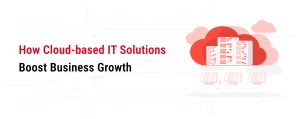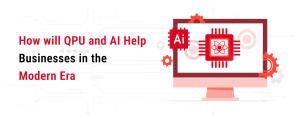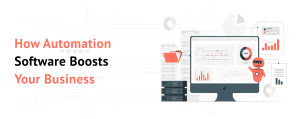Software Development has revolutionized healthcare administration by optimizing workflows, lowering errors, and raising overall effectiveness in medical billing and coding. Errors can result in refused claims, delayed payments, and even legal problems, so these improvements are critical in an area where speed and accuracy are critical. This essay explores the ways that software development has transformed medical coding and billing, as well as the advantages that software development offers to patients and healthcare providers.
Automation and Efficiency
In the billing process, automation is also included. Software for medical billing has the ability to create invoices automatically, submit insurance company claims, and track down unpaid claims. This improves cash flow and lowers the possibility of claim denials by lessening the administrative load on healthcare providers and guaranteeing prompt claim submission.
Error Reduction and Compliance
Medical billing and coding software is made to abide by the most recent rules and guidelines, including the Health Insurance Portability and Accountability Act (HIPAA) in the US. In order to safeguard patient information and stay out of trouble with the law, compliance is crucial. Regulations may be swiftly updated in software, so there’s no need for laborious manual upgrades to keep healthcare providers compliant.
Improved Data Management and Access
Medical billing software’s sophisticated reporting tools give healthcare providers a better understanding of their revenue cycles. Providers can use these data to pinpoint areas for development and streamline their billing procedures by highlighting trends like claim denial rates, billing errors, and payment delays.
Scalability and Customization
Another important advantage of software development in this industry is customization. Depending on their areas of expertise, patient demographics, and insurance agreements, many healthcare providers have different billing and coding requirements. To address these particular requirements, bespoke software solutions can be created, guaranteeing that the program improves overall productivity and integrates seamlessly with current procedures.
Enhanced Patient Experience
In the end, a better patient experience results from the advancements in medical billing and coding software. Medical billing can be stressful and confusing, but with faster and more accurate billing systems, patients receive their invoices and insurance claims faster. Reducing errors also makes it less likely for patients to experience billing disparities, which reduces conflicts and improves the patient experience overall.
Conclusion
Medical billing and coding has significantly advanced thanks to software development, which has made what was once a labor-intensive and error-prone procedure more streamlined and effective. Healthcare professionals are able to concentrate more on patient care and less on administrative work thanks to software solutions that automate processes, reduce errors, improve data management, scale, and allow for customization. The success of healthcare companies will increasingly depend on software development in the field of medical billing and coding as technology advances.





